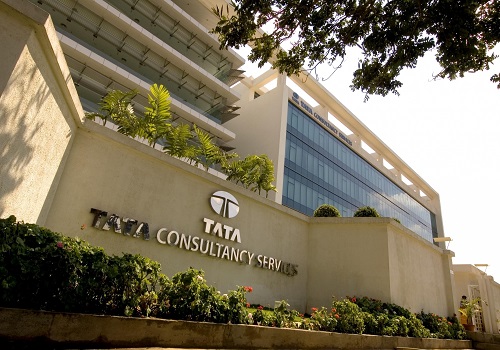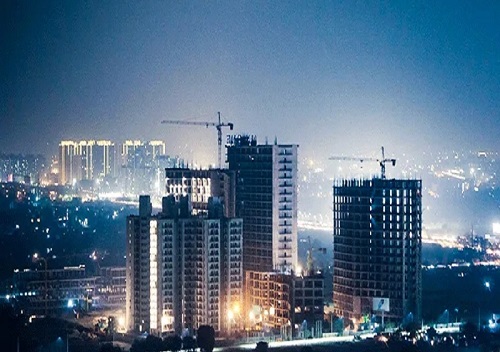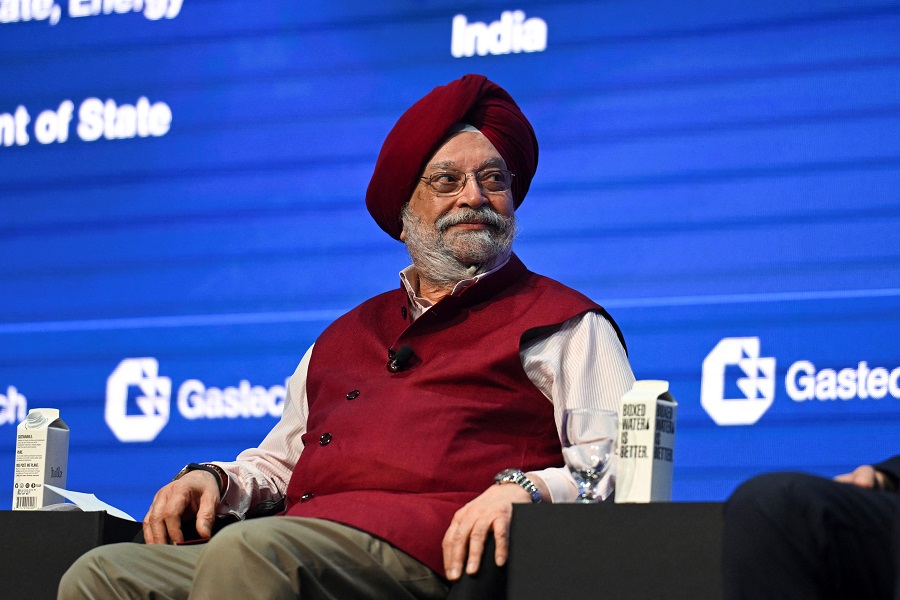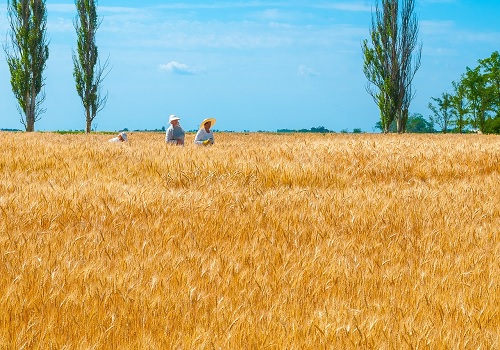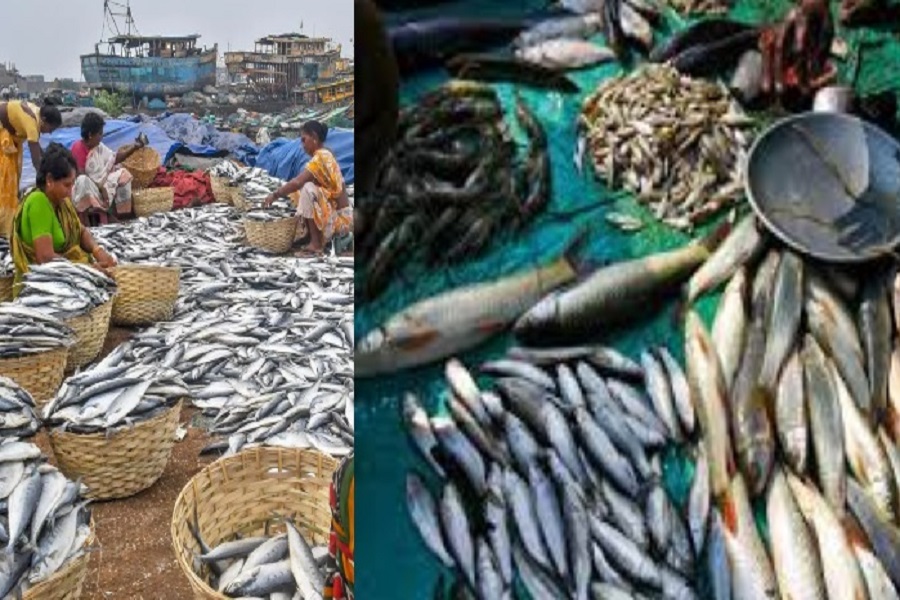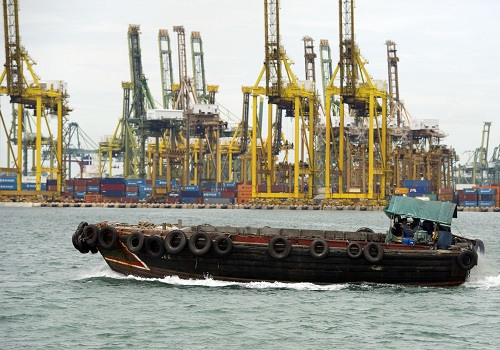Crucial meeting of Tea Board on Monday on proposed changes in no-plucking cycle
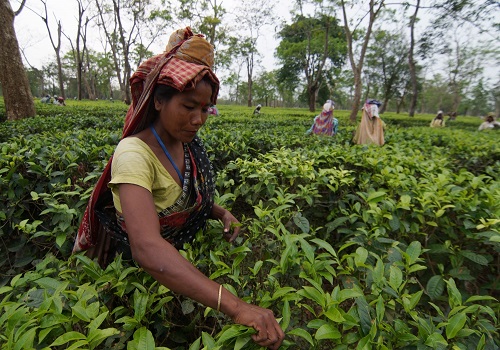
A crucial meeting of the Tea Board will be held on January 15 to decide on the proposals of no-plucking time in the tea gardens across India from this year.
Sources aware of the development said that till 2023, following the rules set in the British era, the no-plucking season started from the last week of December and continued till the growth of new leaves at the end of the winter and arrival of spring.
However, there had been a proposal to bring ahead the beginning of the non-plucking period from the end of November till the growth of new leaves at the beginning of spring.
Sources aware of the development said that generally the leaves produced in the month of December are of poor quality and fetch a much lower price in the market than those varieties than the varieties produced in other seasons.
According to Director, Operations & Plantations, of Chamong Tea, Indranil Ghosh, generally the big tea gardens stop producing tea from end November and this continues till the advent of spring.
"However, this they had been doing unofficially. However, this will probably be official from now. We welcome this move to bring ahead the beginning time of the plucking period from November 30 every year," he said.
He also pointed out that since any decision on this count is taken so early, the tea garden owners will not face any difficulty in adjusting their plucking cycles accordingly from this year.
However, the Confederation of Indian Small Tea Growers Association (CISTA), are of the opinion that this bringing ahead of the non-plucking period might pose some problems for the small tea growers as well as the bought leaf factory owners.
According to them, despite zero plucking and zero production, the wages of the garden and factory workers will have to be paid, which might be a problem for small growers if the non-plucking period is extended.


